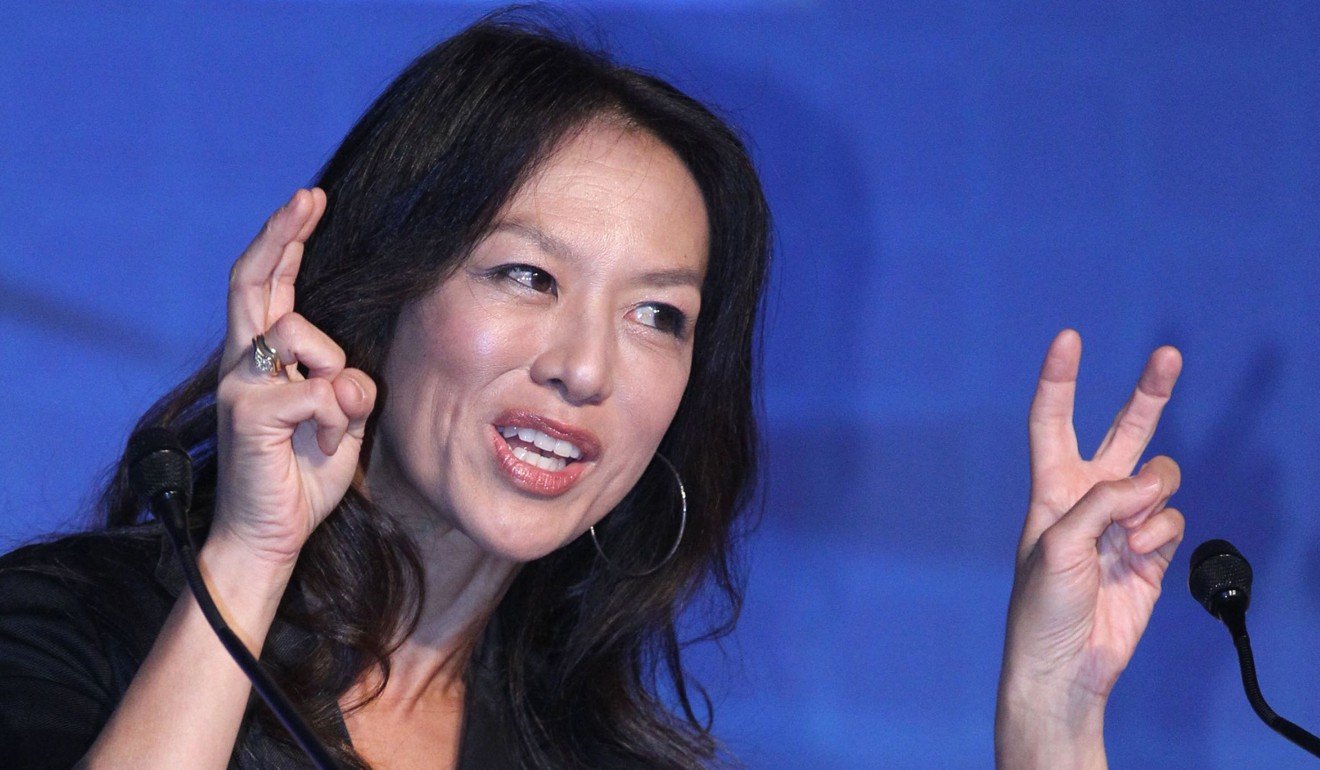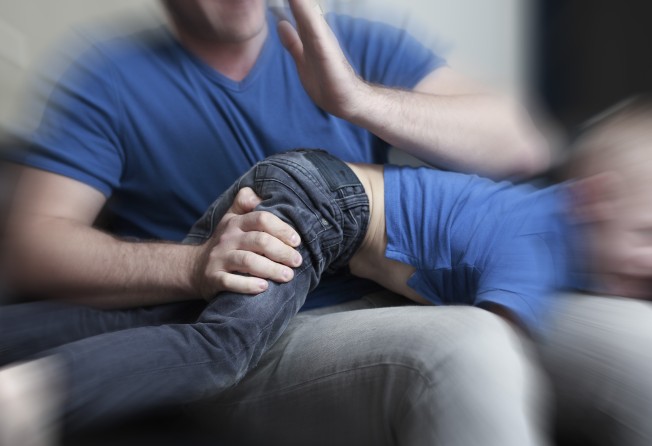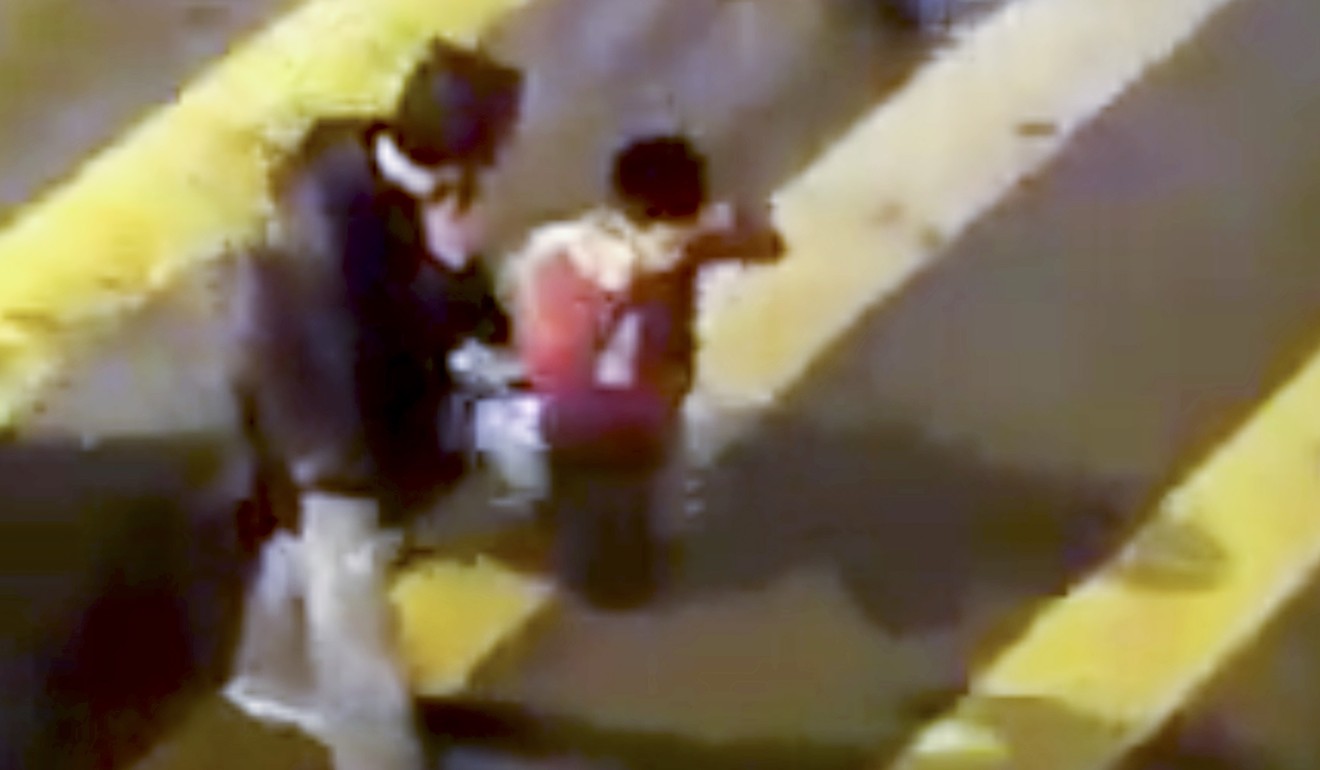
Will all you monster parents just please stop screaming?
Can parenting differences be attributed to long-accepted cultural and social practices? Either way, Luisa Tam warns that when discipline becomes excessive, we need to intervene before a child is seriously harmed

My neighbour was screaming at his son again the other day. In fact, it’s a weekly ritual that takes place every weekend when he makes his son wash his car.
I suspect it’s his way of making his son, who is slightly overweight, do a bit of exercise and instil some discipline in him.
But last night, the boy made a mistake and I felt the father was unnecessarily harsh. Instead of berating his son loudly – like he usually does – the man threw in some choice words. What was the son’s crime, you may ask? He left the hosepipe running and wasted water.
In Hong Kong, it’s not uncommon to see Chinese parents (both locals and mainlanders) scream at their young kids in public, or worse, slap them around for misbehaving. It often appears to me that the punishments outweigh the seriousness of the misdemeanours.

This kind of toxic parental behaviour always brings back some of my own less than pleasant childhood memories. My mother is an exemplar of the “tiger mum” stereotype, a term made popular by Amy Chua in her 2011 book, Battle Hymn of the Tiger Mother.
Honestly, I can’t tell you the number of hours or possibly days in total that I was locked out of my home as a form of punishment. Some of my own “crimes” included not responding to her quickly enough (which was interpreted as a form of disrespect), eating too slowly and blocking the toilet with pencil shavings. I might have deserved a slap on the hand for the last count, but my mitigation was that I was only five or six years old at the time.
People say the form and degree of punishment inflicted on children varies from culture to culture, although in retrospect, my mother’s brand of strict discipline had little to do with cultural differences.
Fear was her weapon of choice and it allowed her to retain control over me. She also appeared to care little about the physical and psychological ramifications of her actions because her ultimate goal was to assert dominance – even if it was over a young, defenceless child. My story is not unique though, as this is a prevalent pattern of behaviour in abusive parents, who rule by fear and intimidation to maintain control.
There was a case last year when a Hong Kong father was arrested after forcing his young son to cross a busy road in Kowloon on his knees for lying about his homework.
Psychological and emotional abuse is devastating because it leaves deep and lasting scars that are sometimes invisible. There are many forms of such abuse, and one that’s commonly used – and overlooked – is verbal abuse.

Many Hong Kong Chinese kids are used to hearing their parents hurl insulting names at them. Hong Kong parents are infamous for calling their children “fan tung”, which translates as “rice bucket” and means good-for-nothing; “yat gau fan”, which translates as “a rice ball” and means slow and unresponsive; or “sik mong nei” that literally translates as “eat stupid you” to mean slow-witted.
Another form of psychological abuse is by excluding or neglecting a victim to make them feel worthless and unwanted. It is similar to name-calling as a way to belittle a person, causing self-doubt, low self-esteem or sometimes self-hate.
People often say Chinese parents tend to be more controlling and authoritarian, due to the tradition of obedience and cultural and social pressure. They tend to view their children as property and as a mere extension of themselves; this also means they tend to link their children’s achievements, both personal and academic, to their own sense of worth.
There is a conventional school of thought among parents that if you allow your child to get away with something, even once, you will encourage more bad behaviour and eventually lose authority and control over them.
There are plenty of parenting styles that we can administer though, some of which may have a better outcome in the long run. Some parents choose to use harmful methods to teach and discipline their children, while some choose the wholesome approach that promotes freedom and independence in their children. Cultural and social pressure might play a part but it’s mostly a personal choice. In other words, we choose what kind of parents we want to be.
Every child is different and ultimately deserves to be respected
Government statistics, which date back to 2005, show that in more than five out of 10 cases of child abuse, the abuser was a parent.
Social welfare workers have also warned that these reported cases were only the tip of the iceberg and didn’t reflect the true picture of child abuse in Hong Kong homes.
Abusive parents, or people in general, are allowed to continuously get away with such crimes because some of us choose to look the other way or accept it as a form of parental discipline, simply because of long-accepted cultural practices.
However, it would be foolish to use other parents’ approaches as a benchmark, as every child is different and ultimately deserves to be respected.
Going back to my opening anecdote about my neighbour, I eventually intervened and asked him if everything was all right. I also told him that I thought his son was doing a good job washing his car. Thankfully, the shouting and screaming died down soon afterwards.
At the end of the day, we should hold parents accountable for their excessive corporal punishment to discipline children.
Choosing to turn away or stand idly makes us complicit in such abuse. Discipline does not equate to inflicting harm in whatever form, whether it is by name-calling or physical force. Children never deserve to live in fear and it is up to us to make sure of that.
Luisa Tam is a senior editor at the Post